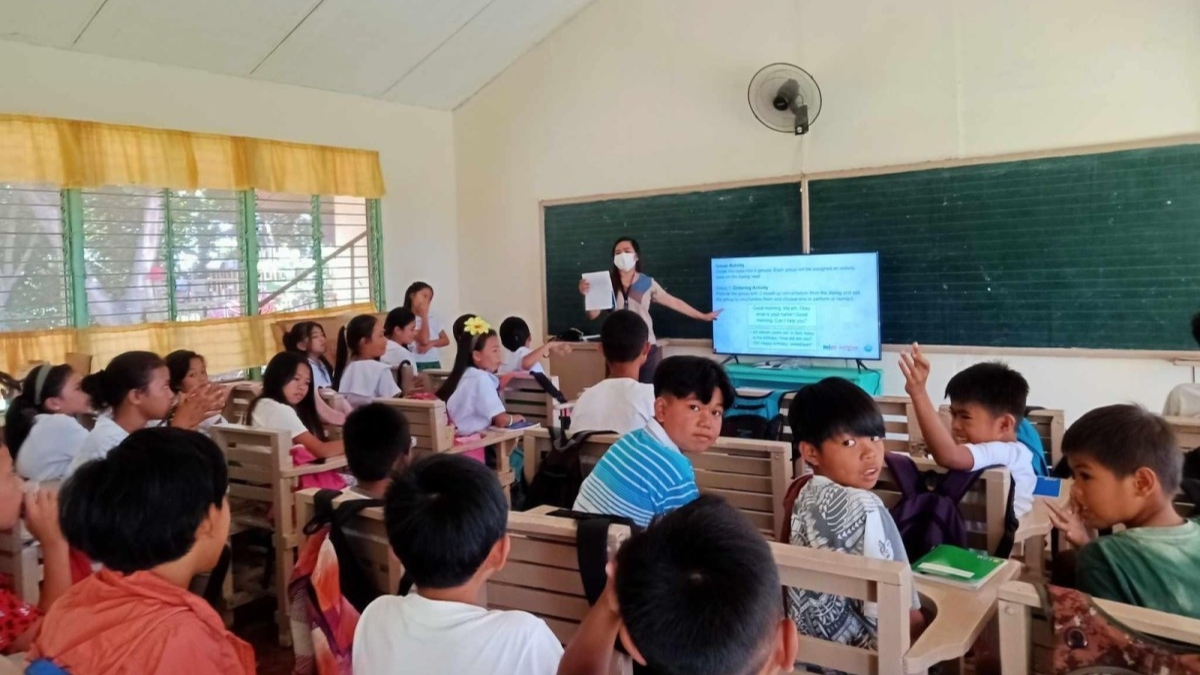The Department of Education (DepEd) is collaborating with the private sector to address the country’s long-standing classroom shortage by constructing 15,000 new classrooms by 2027. The initiative, presented by Education Secretary Sonny Angara during a Cabinet meeting with President Ferdinand Marcos Jr. on January 7, is part of a larger public-private partnership (PPP) plan to improve educational infrastructure.
The project, estimated to cost between ₱37.5 billion to ₱60 billion, aims to alleviate the overcrowding in public schools caused by a backlog of 165,000 classrooms. Limited government funding, a growing student population, and slow procurement processes have contributed to the problem, which has persisted for decades.
DepEd expects the construction to benefit around 600,000 students nationwide and create at least 18,000 jobs. Angara emphasized in a Phil Star Global report that private investment through PPPs is a sustainable solution, saying, “The classroom gap is a massive challenge, but leveraging private investments is the most efficient way to address this.”
The department also has broader goals to digitalize public schools by mid-2026. Plans include providing internet connectivity through Low Earth Orbit satellites, powering schools in remote areas, and distributing laptops and tablets to improve teaching and learning experiences.
While the initiative has received support from the government, some groups, such as the Alliance of Concerned Teachers (ACT), have voiced opposition. ACT chairperson Vladimer Quetua argued that the government should take full responsibility for ensuring quality education instead of relying on private partnerships. The group is pushing for at least 6% of the country’s GDP to be allocated to education.
DepEd has a history of using PPPs to enhance its facilities, delivering over 18,000 classrooms under previous projects completed between 2011 and 2021. However, challenges such as procurement delays and contractor issues highlighted the need for improvements in project execution.
Moving forward, DepEd plans to construct up to 60,000 additional classrooms in subsequent phases of the project while addressing concerns to ensure smoother implementation.






